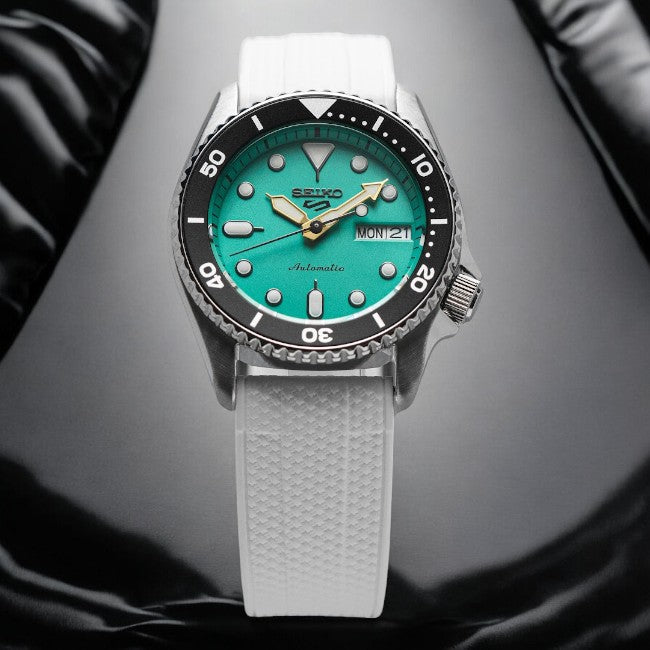Watch Accuracy & Service Tips
Accuracy of Automatic Mechanical Watches
Automatic mechanical watches have a mechanism that is power generated because the mainspring unwinds, and small metal parts that works together to provide accuracy. The delicate metal parts of a mechanical watch are easily influenced by environmental factors like temperature, gravity, and shock. Also, movements of the arm and winding state during daily use may influence gain or loss of the watch.
Temperature :
Do not place the watch wherever the temperature is very low / high (less than 5ºC or over 35ºC)
Mechanical watch parts are meta and may expand and contract with temperature changes and influence the accuracy of watches. Normally, underneath high temperatures, a watch tends to lose time, and underneath low temperatures, it tends to gain time.
Magnetism :
Keep the watch far from magnetic fields
It is necessary to not leave a watch near magnetic objects for an extended time especially, cell phones, tv and computer speakers, magnetic necklaces, purse clasps, electrical razors, hairdryer, magnetic elements of refrigerators square measure all magnetic. One such example are leaving your watch near your phone while you sleep at night or walking pass security gantry.
Shock :
We advise that remove your watch before taking part in any sport that involves robust impacts. Any direct impact to your wrists will have an effect on the tiny metal elements within the watch, resulting in a change in watch accuracy. Dropping the watch can also cause injury.
Position :
The rates of loss / gain of mechanical watches vary slightly depending on the positions they are place in, like being placed horizontally with its face or back turned up, or being arranged on its 12:00 / 3:00 / 6:00 / 9:00 facet severally. This is due to gravity affecting the movements of the watch inside. Experiment with storing the watch in numerous positions for seven to eight hours once not in use and check the loss / gain of every position. By storing the watch during a resting position that minimises loss / gain you will counteract the loss/ gain that happens during the period when watch is being worn.
To improve the accuracy of a mechanical watch, it's advised that you simply wind up the mainspring on a daily basis, at a fixed time, even if the watch is a self- winding type. Do ensure not to overwind it.
Wind up your watch before you wear it
It is necessary that ample energy is supplied to every movement by the spring of the watch. The accuracy of a mechanical watch are more stable if it is wound sufficiently. If the spring unwinds causing the energy level to drop, the elements affecting accuracy becomes easily influenced by environmental factor.
It is common for automatic watches to gain or lose time when they are new or not worn often. The watch will settle down to a more reasonable accuracy after being worn for a couple of months. If the watch lose or gain a few seconds per day, you can try this:
Lay the watch flat with the dial uppermost ( to gain a few seconds if it is slow)
Lay the watch flat with the winding button downwards ( to lose a few seconds if it is fast)
Lay the watch vertically with the winding button uppermost (to lose more seconds if it is too fast)

